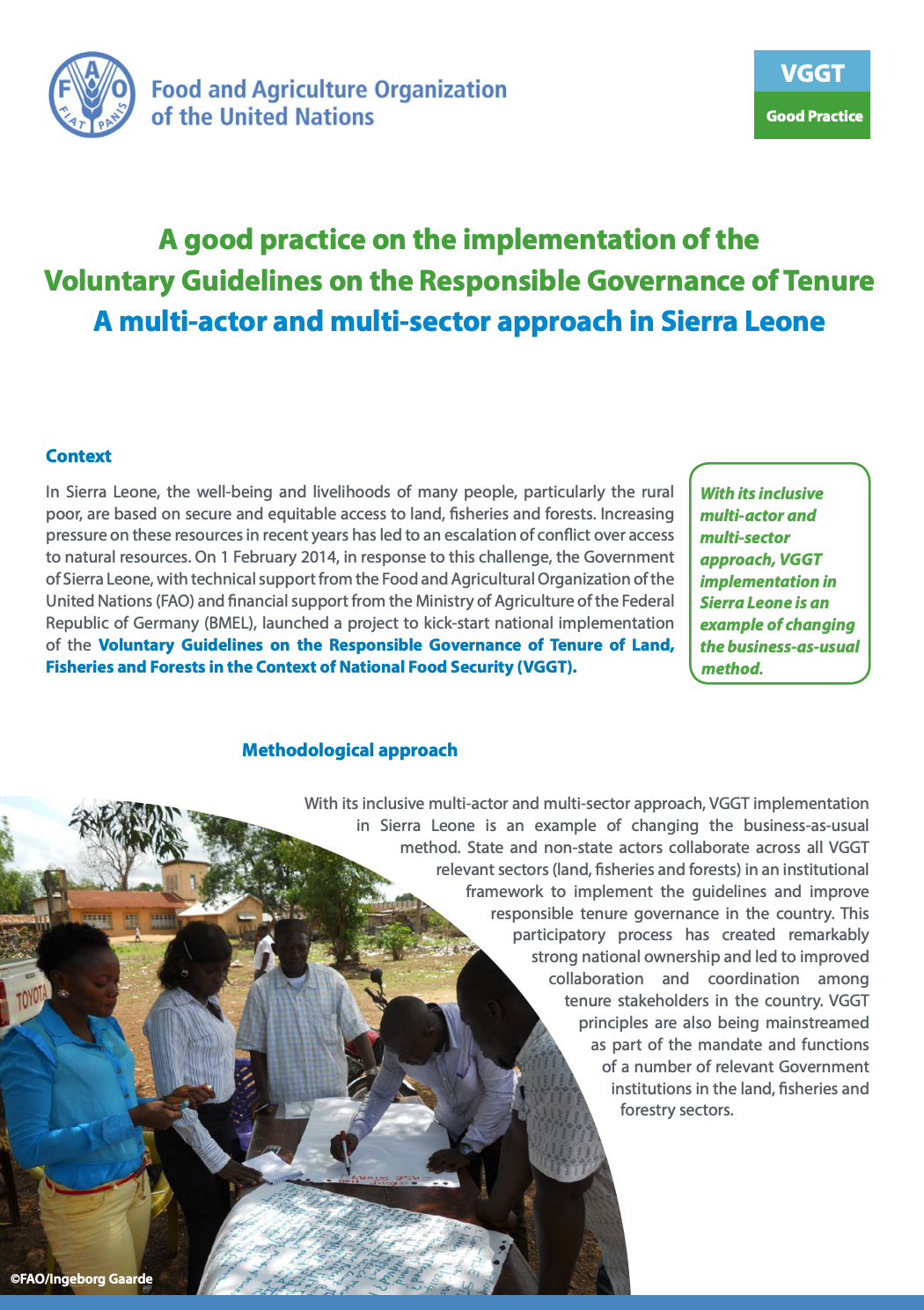Focal point
Location
The Food and Agriculture Organization of the United Nations leads international efforts to defeat hunger. Serving both developed and developing countries, FAO acts as a neutral forum where all nations meet as equals to negotiate agreements and debate policy. FAO is also a source of knowledge and information. We help developing countries and countries in transition modernize and improve agriculture, forestry and fisheries practices and ensure good nutrition for all. Since our founding in 1945, we have focused special attention on developing rural areas, home to 70 percent of the world's poor and hungry people.
Members:
Resources
Displaying 1186 - 1190 of 5073Flyer: Dryland Restoration Initiative Platform (DRIP)
The Dryland Restoration Initiative Platform (DRIP) is an interactive web portal with an online tool to support practitioners, project managers, policy-makers and decision-makers in compiling and analysing data and capturing and sharing lessons learned from restoration initiatives, thus advancing the monitoring and assessment of these initiatives globally. DRIP was developed and tested with the active participation of dryland restoration experts and practitioners worldwide.
Soil salinization and sodification
The front of the postcard provides a short description on Soil salinization and sodification (definition, cause, key facts) while the back gives the worldwide conditions and trends by region. The data given here is derived from information published in the Status of the World's Soil Resources report, released in December 2015.
The Report and the Technical Summary are available at the links below:
Programa Solidario Patio Saludable: desde un proyecto a una política pública
En esta publicación se hace un resumen de cómo el Gobierno de Reconciliación y Unidad Nacional valoró muy bien la iniciativa de agricultura urbana y periurbana y el 14 de mayo del 2012 retoma la idea del proyecto, lo renombra y lo lanza como programa público denominado “Programa Solidario Patio Saludable”. Aquí se dan a conocer las metas del programa y algunos aspectos de importancia de dicha política.
L’action de la FAO face au changement climatique
Cette publication présente les messages clés de la FAO sur le changement climatique et la sécurité alimentaire. Elle inclut des exemples du travail de la FAO pour aider les pays à s’adapter aux effets du changement climatique sur les secteurs agricoles. Elle rassemble les connaissances de la FAO sur le changement climatique les plus récentes, y compris les instruments et les méthodologies utilisés pour soutenir les engagements et les plans d’actions sur le changement climatique.
A good practice on the implementation of the Voluntary Guidelines on the Responsible Governance of Tenure: A multi-actor and multi-sector approach in Sierra Leone
In Sierra Leone, the well-being and livelihoods of many people, particularly the rural poor, are based on secure and equitable access to land, fisheries and forests. Increasing pressure on these resources in recent years has led to an escalation of conflict over access to natural resources.







